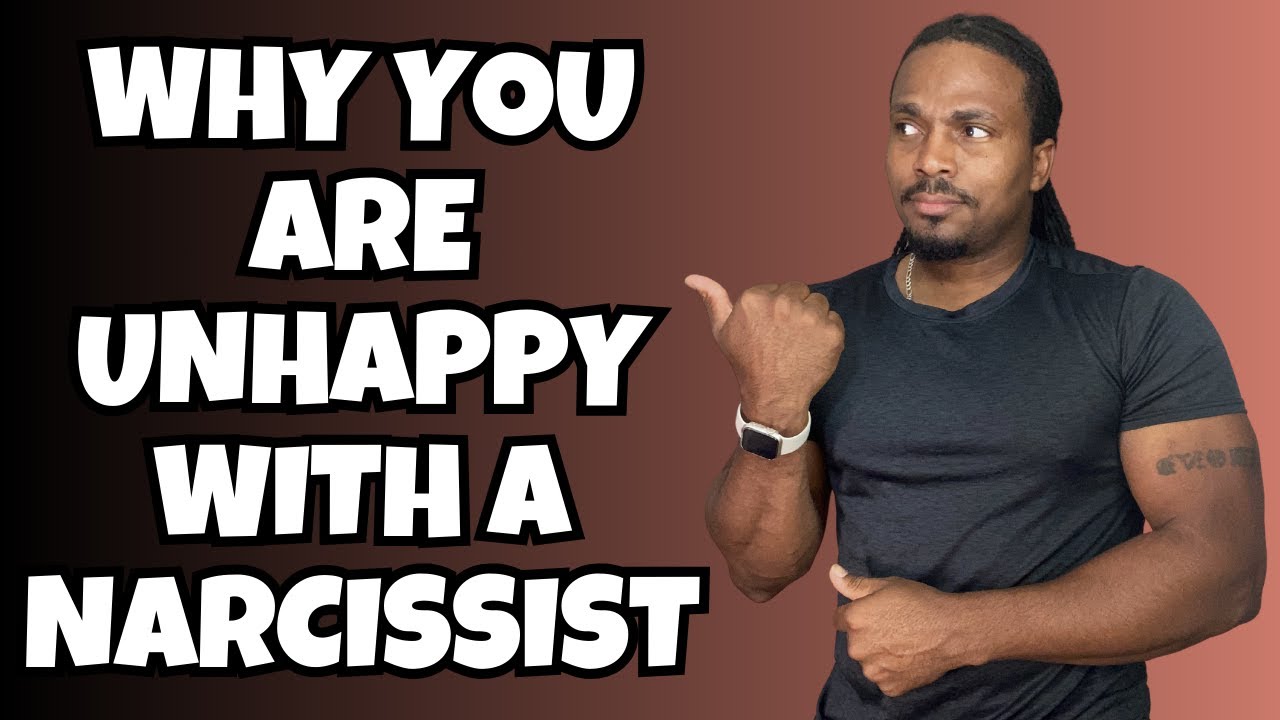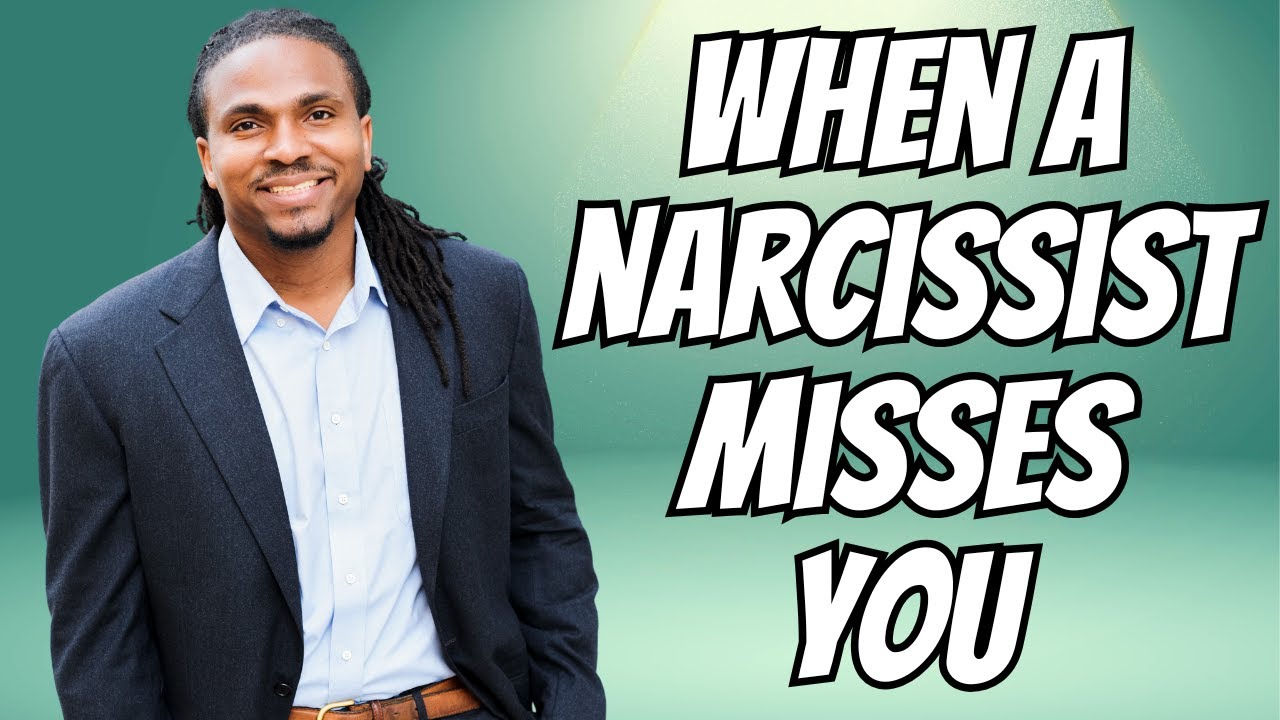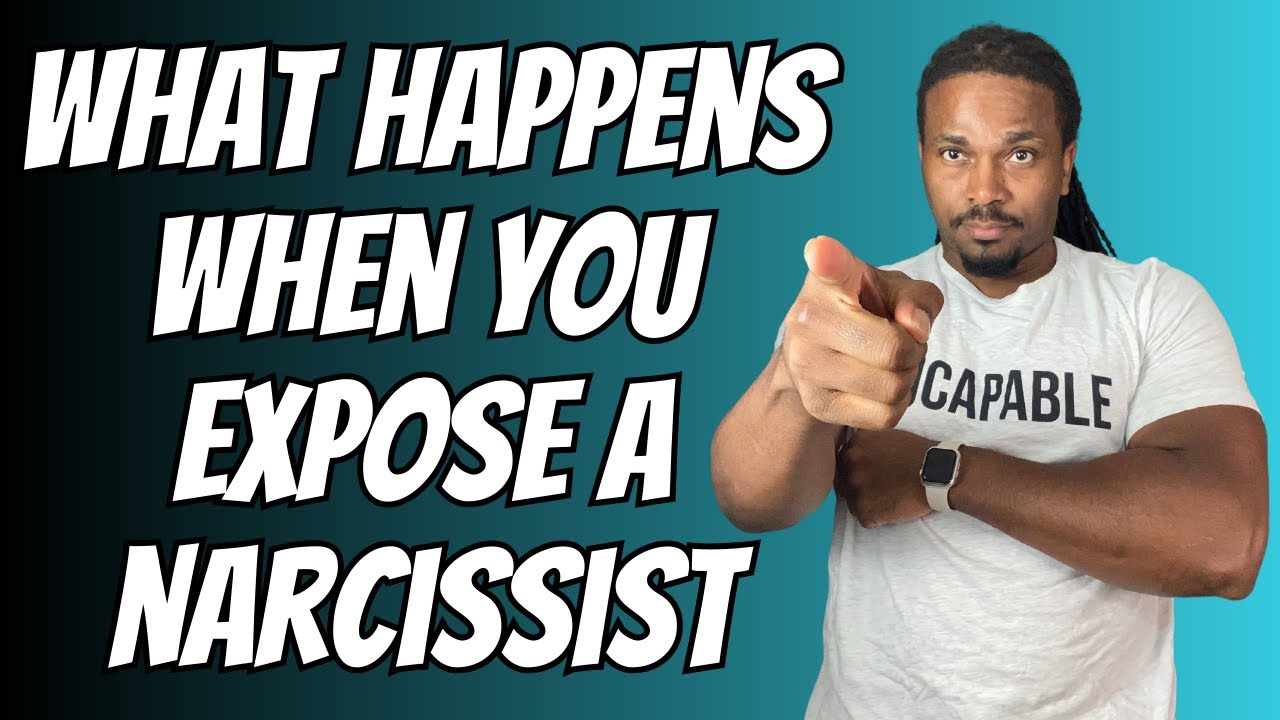Who do Narcissists WANT to be with?
Summary
TLDRIn this episode of 'Mornings with Lee Hammock,' the self-aware narcissist discusses who narcissists are attracted to and what drives their relationships. Lee debunks the myth that narcissists always pursue weak individuals, emphasizing that while looks may matter, a person's energy and personality are key factors. He explains that strong boundaries and self-awareness can prevent toxic relationships, while vulnerability and people-pleasing tendencies may invite abuse. Lee encourages personal growth and setting boundaries to repel narcissists, offering advice for both victims and narcissists looking to change. His goal is to help viewers win in their healing journey.
Takeaways
- 🎤 The video discusses the types of people narcissists are attracted to and challenges common misconceptions about their preferences.
- 💭 The speaker, a diagnosed narcissist, shares personal insights, emphasizing that attraction isn't solely based on weakness or manipulability.
- 🤔 The speaker contemplates the unconscious factors that may influence who a narcissist is attracted to, such as vulnerability.
- 👤 Looks do matter to narcissists, but they are not the only factor; personality traits like humor are also highly valued.
- 😂 The importance of shared laughter and a sense of humor is highlighted as a cornerstone in the speaker's relationship.
- 🔄 The speaker suggests that the dynamic of a relationship with a narcissist is significantly influenced by the second-level traits of the person involved.
- 🚫 Strong boundaries and the ability to say 'no' are key in preventing toxic relationships with narcissists.
- 🛡 The speaker metaphorically compares self-improvement and boundary setting to bug repellent, which can deter narcissists.
- 🌟 Personal growth and self-awareness are positioned as the best defenses against forming unhealthy relationships with narcissists.
- 📢 The video serves as a call to action for both those involved with narcissists and narcissists themselves to recognize and change harmful behaviors.
Q & A
What does the speaker say about the typical perception that narcissists are attracted to weak people?
-The speaker challenges the perception that narcissists consciously seek out weak or easily manipulated people. While some may assume that narcissists want weak individuals to control, the speaker argues that they do not intentionally pursue such people on a conscious level, although it may happen unconsciously.
How does the speaker describe their personal attraction as a diagnosed narcissist?
-The speaker explains that they are attracted to personality traits such as humor and compatibility. They mention that their wife, for example, shares a similar sense of humor, which is important in their relationship. Looks matter, but personality and energy play a more significant role in long-term attraction.
How do strong boundaries influence a narcissist's relationship with someone?
-The speaker states that if someone has strong boundaries and is not easily manipulated, the relationship with a narcissist is unlikely to last long. However, if the person struggles with boundaries or is a people pleaser, the relationship could become toxic and narcissistically abusive.
What advice does the speaker give for avoiding a toxic relationship with a narcissist?
-The speaker advises individuals to focus on self-improvement, establishing strong boundaries, and controlling how they react to a narcissist. They emphasize the importance of working on oneself and not trying to change the narcissist, as this helps protect against entering or staying in a toxic relationship.
What metaphor does the speaker use to explain how strong boundaries work against narcissists?
-The speaker compares strong boundaries to spraying 'off spray' to repel ticks or mosquitoes. Even though the bugs may bite, they do not stay latched on, similar to how narcissists might attempt to engage with someone, but strong boundaries prevent them from sticking around.
What type of person might be more susceptible to a narcissistically abusive relationship?
-According to the speaker, individuals who are empathetic, have difficulty saying no, struggle with self-love, or frequently give people the benefit of the doubt may be more susceptible to entering a toxic relationship with a narcissist.
How does the speaker view their role in helping others through their content?
-The speaker explains that they create content to help people recognize narcissistic behaviors and protect themselves. They want people to 'win' in their relationships by setting strong boundaries and avoiding toxic dynamics. The speaker also acknowledges getting narcissistic supply from seeing others succeed.
Does the speaker believe that narcissists always target people in vulnerable positions?
-The speaker acknowledges that some narcissists may act predatory and target people in vulnerable states, such as after a breakup or a loss. However, they emphasize that even in these situations, strong boundaries can prevent the relationship from becoming toxic.
What role does empathy play in a narcissist's attraction to someone?
-The speaker suggests that narcissists might be drawn to highly empathetic people because they tend to offer support and care, which narcissists can exploit. However, if these empathetic individuals also have strong boundaries, the relationship is less likely to turn toxic.
What does the speaker suggest people do if they feel they are a 'narcissist magnet'?
-The speaker recommends that people who feel they are frequently attracting narcissists should focus on strengthening their boundaries. By becoming more assertive and less susceptible to manipulation, they can deter narcissists from latching onto them for long periods.
Outlines

Esta sección está disponible solo para usuarios con suscripción. Por favor, mejora tu plan para acceder a esta parte.
Mejorar ahoraMindmap

Esta sección está disponible solo para usuarios con suscripción. Por favor, mejora tu plan para acceder a esta parte.
Mejorar ahoraKeywords

Esta sección está disponible solo para usuarios con suscripción. Por favor, mejora tu plan para acceder a esta parte.
Mejorar ahoraHighlights

Esta sección está disponible solo para usuarios con suscripción. Por favor, mejora tu plan para acceder a esta parte.
Mejorar ahoraTranscripts

Esta sección está disponible solo para usuarios con suscripción. Por favor, mejora tu plan para acceder a esta parte.
Mejorar ahoraVer Más Videos Relacionados

8 WORDS you NEED TO KNOW when learning about Narcissism

Why you're so UNHAPPY when you are with a NARCISSIST

How narcissists ACT when they MISS YOU

What happens when you don't give a narcissist the REACTION THEY ARE LOOKING FOR

What it means when a narcissist MISSES THE OLD YOU

What goes on in a Narcissist's MIND when you EXPOSE THEM
5.0 / 5 (0 votes)
